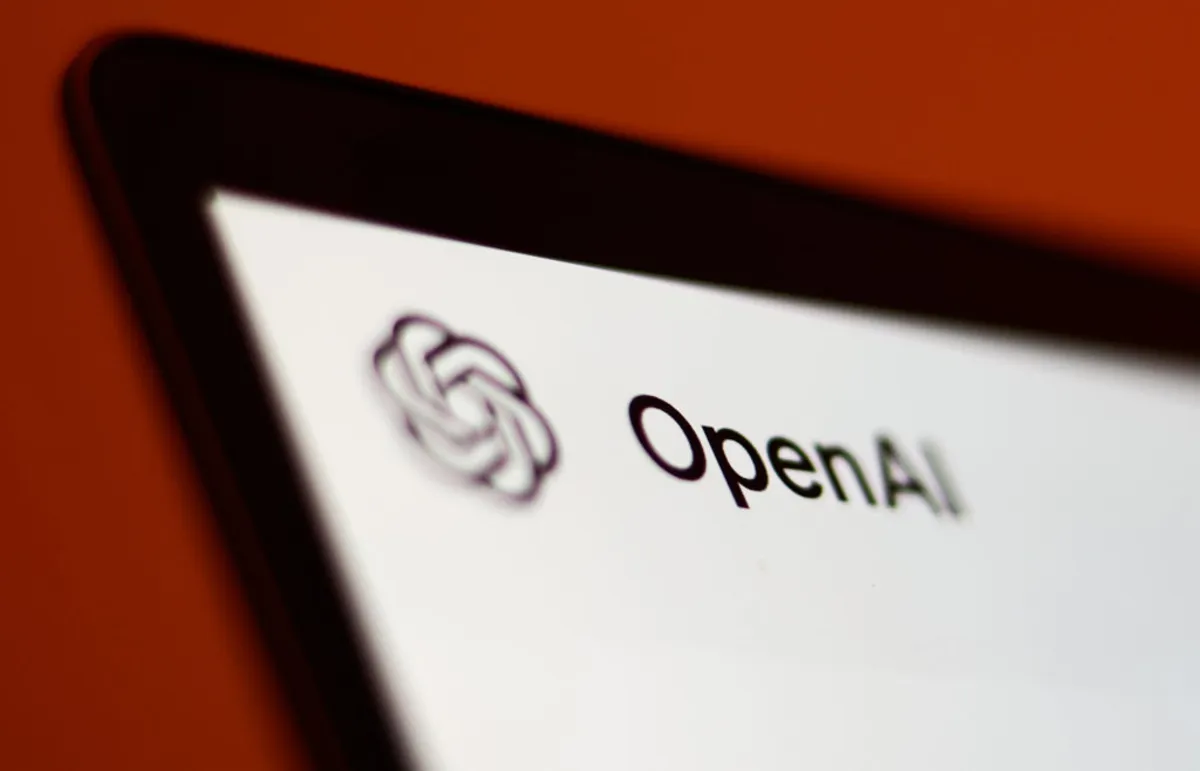
On Thursday, OpenAI announced the rollout of an innovative memory feature in its popular chatbot, ChatGPT. This new capability allows ChatGPT to tailor its responses based on the content of prior conversations, enhancing the overall user experience. Dubbed “reference saved memories,” this feature aims to make interactions with ChatGPT more personalized and relevant, ultimately improving conversation fluidity.
The new memory feature will enrich ChatGPT’s capabilities across text, voice, and image generation. By incorporating conversational context, ChatGPT will be able to provide answers that resonate more closely with individual users. This update aligns with OpenAI’s commitment to making AI interactions feel more human-like and engaging.
Initially, the memory feature will be available to ChatGPT Pro and Plus subscribers, excluding users located in the U.K., EU, Iceland, Liechtenstein, Norway, and Switzerland. OpenAI has indicated that these regions require additional external reviews to comply with local regulations. However, the company remains dedicated to eventually making this technology accessible in these areas.
As for free ChatGPT users, OpenAI has not provided a timeline for when this feature will be available. A spokesperson informed TechCrunch, “We are focused on the rollout to paid tiers for now.”
The introduction of the memory feature is designed to eliminate the need for users to repeat information they have already shared with ChatGPT. This makes conversations more seamless and personalized. In February, a similar memory feature was launched by Google in its Gemini product, indicating a growing trend towards enhanced memory capabilities in AI chatbots.
While some users may have reservations about sharing more personal information with OpenAI’s systems, there is an option to opt out of the memory feature entirely. In the settings menu of ChatGPT, users can disable the memory feature and manage specific saved memories. Additionally, users can inquire about what information ChatGPT remembers, or they can engage in a Temporary Chat for discussions that will not be stored.
Last year, OpenAI introduced the ability for ChatGPT to forget or remember specific details upon user request. However, this typically required explicit prompting. The new rollout streamlines this process, making memory management more intuitive. OpenAI has stated that the memory feature will be enabled by default for users who had previously activated ChatGPT’s memory capabilities.
As the rollout continues, users can look forward to a more personalized and engaging experience with ChatGPT, reinforcing OpenAI’s commitment to enhancing AI technology to better serve its users.